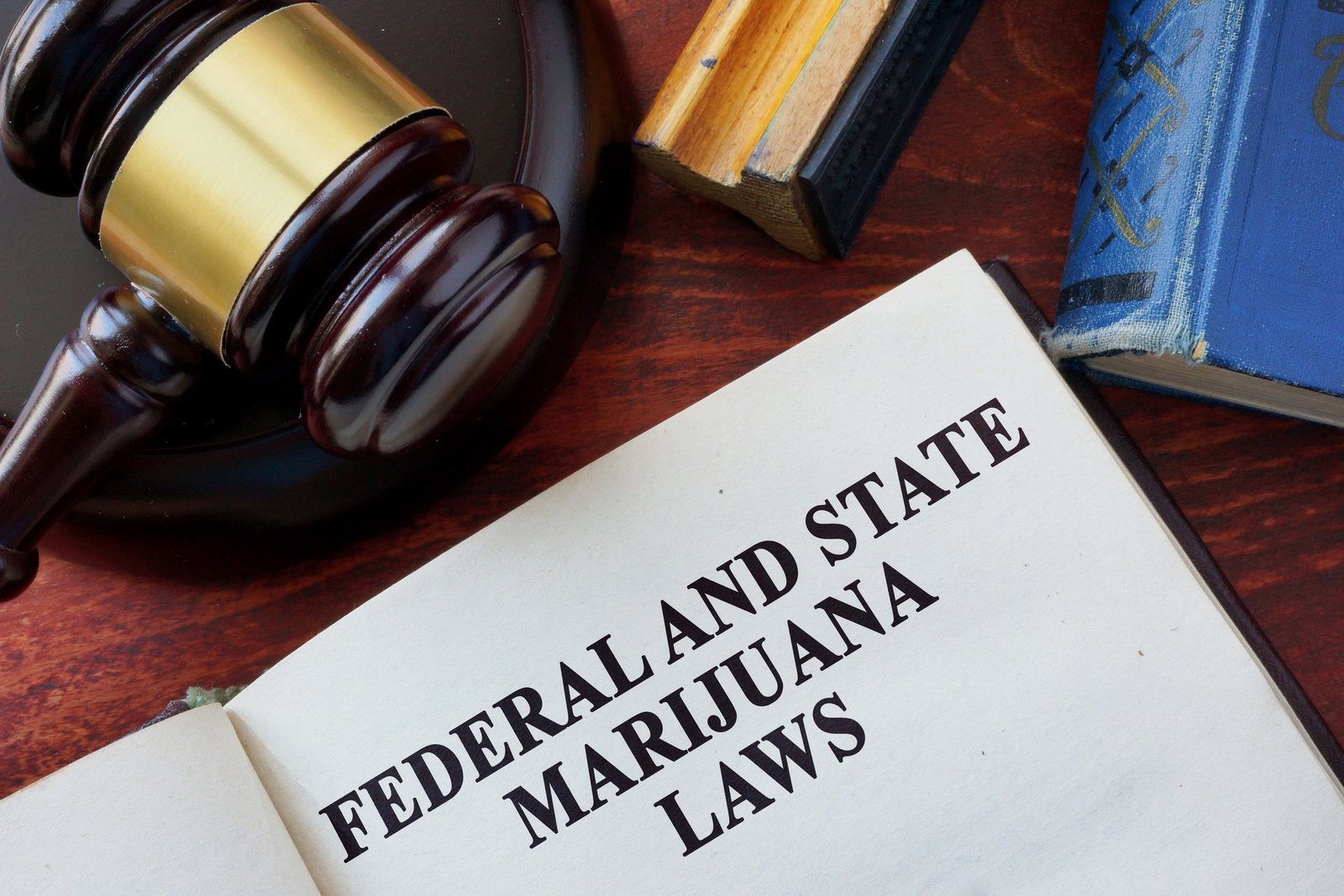Primary Practice Areas
“Businesses need creative solutions exclusively crafted to benefit them.”
Hospitality Law
While Dave has a diverse legal practice, he especially enjoys working in the hospitality sector. Over the past 10 years, he has worked closely with both nationally-known hospitality companies and independent developers with respect to hotel and shared ownership projects located in urban environments (New York, Chicago, San Francisco), resort destinations (California, Colorado, Florida, Hawaii, Missouri, Montana, Oregon and Texas), and international locales (Anguilla, Bali, Barbados, Belize, Cayman Islands, Jamaica, St. Kitts and Mexico). My experience also includes assisting established and start-up businesses as they explore and implement products intended to provide new and supplementary travel benefits and vacation options on a cost-efficient basis. In addition to developers, his clients include property and rental management companies, travel clubs, exchange providers, resale companies, marketing consultants and lead generation servicers.
Regulations Compliance
The hospitality industry is subject to numerous laws, regulations, and licensing requirements. A hospitality lawyer can help ensure that your business is in compliance with all applicable laws, such as obtaining the necessary permits and licenses, meeting health and safety standards, and adhering to employment and labor laws.
Contract Negotiations
Hospitality businesses frequently enter into contracts and agreements with various parties, including vendors, suppliers, service providers, and employees. A hospitality lawyer can review and negotiate these contracts to protect your interests, ensure favorable terms, and minimize legal risks.
Risk Management & Liability
Hospitality businesses face potential risks and liabilities associated with guest safety, premises maintenance, food and beverage service, and other aspects of their operations. A hospitality lawyer can assist in assessing and mitigating these risks, developing appropriate policies and procedures, and providing guidance on liability issues.
Employment & Labor Issues
The hospitality industry often involves complex employment relationships, including wage and hour compliance, employee classification, discrimination and harassment claims, and labor union matters. A hospitality lawyer can help you navigate these issues, ensure compliance with employment laws, and handle disputes or litigation if they arise.
Intellectual Property Protection
Protecting your intellectual property rights is crucial in the hospitality industry, where branding, logos, menus, and unique concepts are valuable assets. A hospitality lawyer can assist with trademark registration, copyright protection, and enforcing your intellectual property rights against infringement.
Dispute Resolution & Litigation
In the event of legal disputes, such as contract disputes, guest claims, or employment-related conflicts, a hospitality lawyer can represent your business’s interests, negotiate settlements, and, if necessary, provide legal representation in litigation proceedings.
Franchising & Expansion
If you are considering franchising your hospitality business or expanding to new locations, a hospitality lawyer can guide you through the complex process. They can assist with drafting and negotiating franchise agreements, compliance with franchise regulations, and ensuring legal protection during expansion.
Regulatory Changes
Laws and regulations in the hospitality industry can change over time. A hospitality lawyer can help you stay informed about new developments, assess their impact on your business, and ensure ongoing compliance.
Cannabis Law
Engaging a cannabis lawyer can provide you with specialized legal knowledge, guidance, and protection in the complex and rapidly changing cannabis industry. They can help you understand and comply with the applicable laws and regulations, mitigate risks, protect your business interests, and ensure that you operate within the legal framework of the cannabis market.
Compliance with Cannabis Laws
Cannabis laws can be intricate and vary significantly from jurisdiction to jurisdiction. A cannabis lawyer can help you understand and comply with the specific laws and regulations governing the cultivation, production, distribution, sale, possession, and use of cannabis in your region. They can ensure that your business operations and practices align with the legal requirements, helping you avoid penalties, regulatory issues, and legal disputes.
Licensing & Regulatory Compliance
Obtaining the necessary licenses and permits to operate a cannabis business can be a complex and time-consuming process. A cannabis lawyer can guide you through the licensing application process, helping you understand the requirements, completing the necessary paperwork, and increasing your chances of obtaining the appropriate licenses. They can also assist in ongoing compliance with regulatory obligations, ensuring that your operations continue to meet the legal standards.
Business Formation & Structuring
Starting a cannabis business requires careful consideration of the appropriate legal structure, such as forming a corporation, limited liability company (LLC), or partnership. A cannabis lawyer can advise you on the most suitable business structure based on your specific needs and goals. They can also assist in drafting and negotiating shareholder agreements, partnership agreements, or operating agreements to govern your business relationships.
Contract Drafting & Negotiation
Cannabis businesses engage in various contracts and agreements, such as supply agreements, distribution agreements, licensing agreements, and employment contracts. A cannabis lawyer can help draft, review, and negotiate these contracts to ensure that your interests are protected and that the agreements are legally sound. They can help you understand the risks and obligations involved and provide guidance on potential areas of negotiation.
Intellectual Property Protection
Protecting your intellectual property rights is crucial in the cannabis industry, where branding, product names, logos, and inventions can be valuable assets. A cannabis lawyer can assist with trademark registrations, patent applications, copyright protection, and trade secret strategies. They can help you develop a comprehensive intellectual property protection plan and enforce your rights against infringement or unauthorized use.
Advertising & Marketing Regulations
Cannabis advertising and marketing are subject to specific regulations that vary by jurisdiction. A cannabis lawyer can ensure that your marketing strategies and materials comply with these regulations, such as restrictions on advertising to minors, required disclaimers, and limitations on promotional activities. They can help you develop compliant marketing campaigns while maximizing your brand’s visibility and reach.
Risk Management & Dispute Resolution
A cannabis lawyer can help identify and mitigate potential legal risks in your cannabis business, such as product liability, regulatory compliance issues, employment disputes, or contractual disagreements. They can provide risk management strategies, review insurance policies, and represent your interests in dispute resolution processes, such as negotiations, mediation, or litigation, if necessary.
Legislative & Regulatory Advocacy
Given the evolving nature of cannabis laws, legislative and regulatory changes are common. A cannabis lawyer can monitor legal developments, stay updated on proposed regulations, and advocate for your interests. They can help you navigate changes in the legal landscape and provide insights on how new laws may impact your business.
Legal Malpractice
By specializing in legal malpractice cases, these lawyers help clients seek justice and recover damages resulting from the negligence or misconduct of their former attorneys. They provide legal guidance, strategic advice, and representation throughout the legal malpractice claims process, working to hold attorneys accountable for their professional shortcomings.
Case Evaluation
A legal malpractice lawyer will evaluate the merits of your case. They will review the details of your attorney-client relationship, the actions or omissions of your former attorney, and the resulting harm or damages. They assess whether there is a valid claim for legal malpractice and the potential for recovering damages.
Gathering Evidence
To build a legal malpractice case, the lawyer will gather evidence to support your claim. This may involve reviewing documents such as engagement letters, fee agreements, legal filings, correspondence, and any other relevant records. They may also interview witnesses, consult with experts, and analyze legal strategies or court decisions.
Establishing Negligence
A key aspect of a legal malpractice claim is proving that your former attorney was negligent in their professional duties. The lawyer will examine whether the attorney breached their duty of care by failing to act with the level of skill, care, and diligence expected of a competent attorney. They will compare the attorney’s actions to those of a reasonably competent attorney in similar circumstances.
Demonstrating Causation & Damages
In a legal malpractice case, it’s essential to establish a direct link between the attorney’s negligence and the harm you suffered. The lawyer will work to demonstrate that the attorney’s actions or omissions directly caused quantifiable damages, such as financial losses, adverse legal outcomes, missed opportunities, or other harm. They will gather evidence to support your claim for damages.
Legal Analysis & Strategy
A legal malpractice lawyer will conduct a thorough legal analysis of your case, including researching applicable laws, regulations, and legal precedents. They will develop a strategic approach to pursue your claim, considering the strengths and weaknesses of your case, potential defenses, and the most appropriate legal arguments to present.
Negotiations & Settlement
In many legal malpractice cases, the lawyer will engage in negotiations with the negligent attorney or their insurance company. They will advocate on your behalf to seek a fair settlement that compensates you for the damages you have suffered. The lawyer will handle settlement discussions, review settlement offers, and provide advice on the potential outcomes and the appropriateness of accepting a settlement.
Litigation & Representation
If a settlement cannot be reached, a legal malpractice lawyer will initiate litigation on your behalf. They will prepare and file a lawsuit, engage in the discovery process, gather additional evidence, and represent you in court. During trial, they will present your case, examine witnesses, cross-examine the opposing party’s witnesses, and make legal arguments to support your claim.
Expert Consultation
Legal malpractice cases may require the expertise of professionals, such as legal ethics experts or other legal practitioners. A legal malpractice lawyer will consult with experts who can provide opinions on the attorney’s breach of duty, the standard of care, and the causation of harm.
Client Counseling & Guidance
Throughout the legal malpractice process, the lawyer will provide you with guidance, explain your rights and legal options, and advise you on the best course of action. They will keep you informed about the progress of your case, answer your questions, and provide you with the information you need to make informed decisions.



